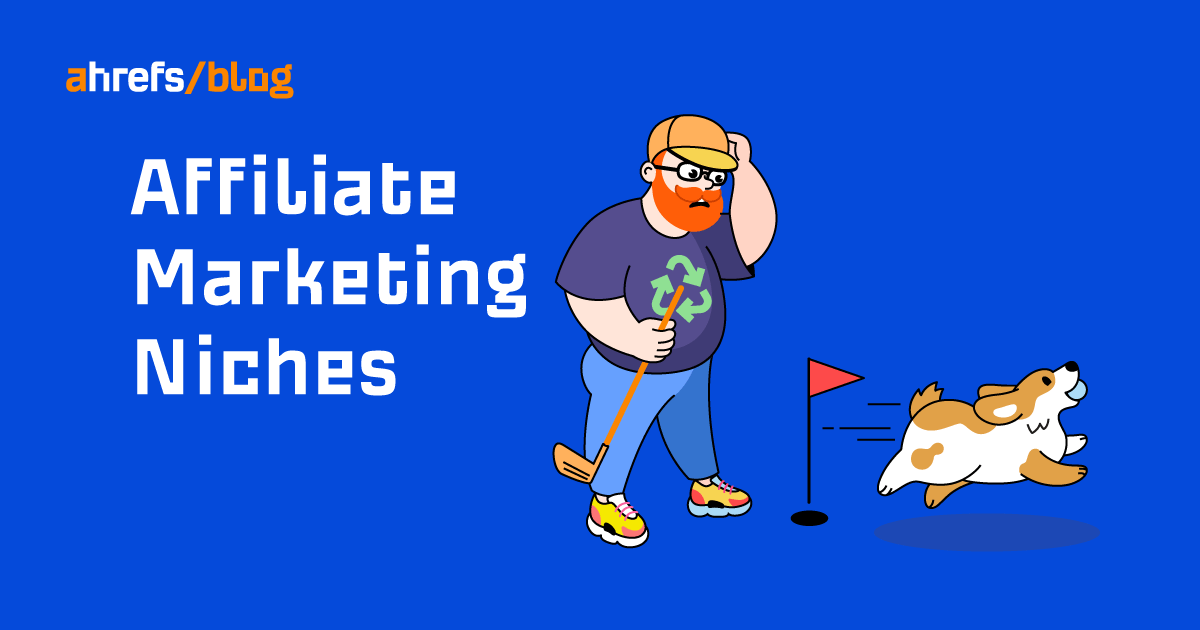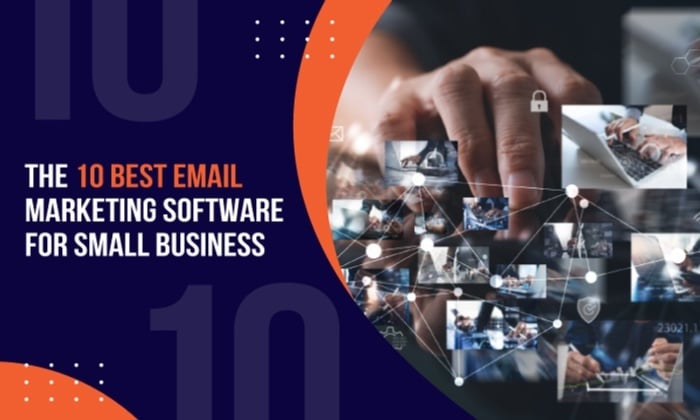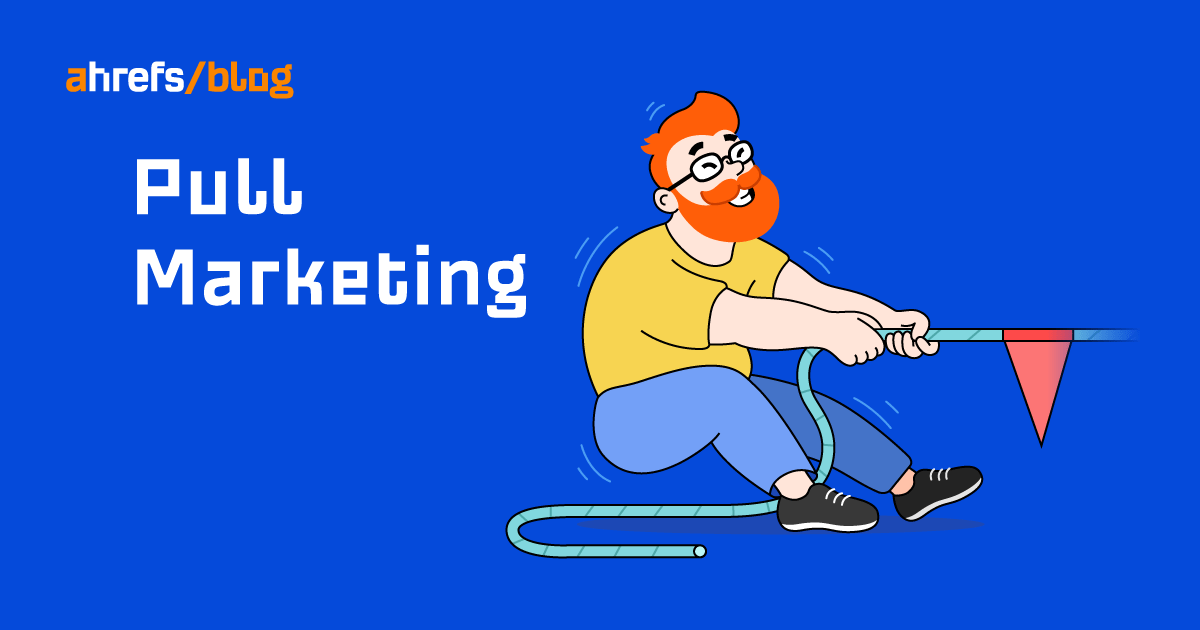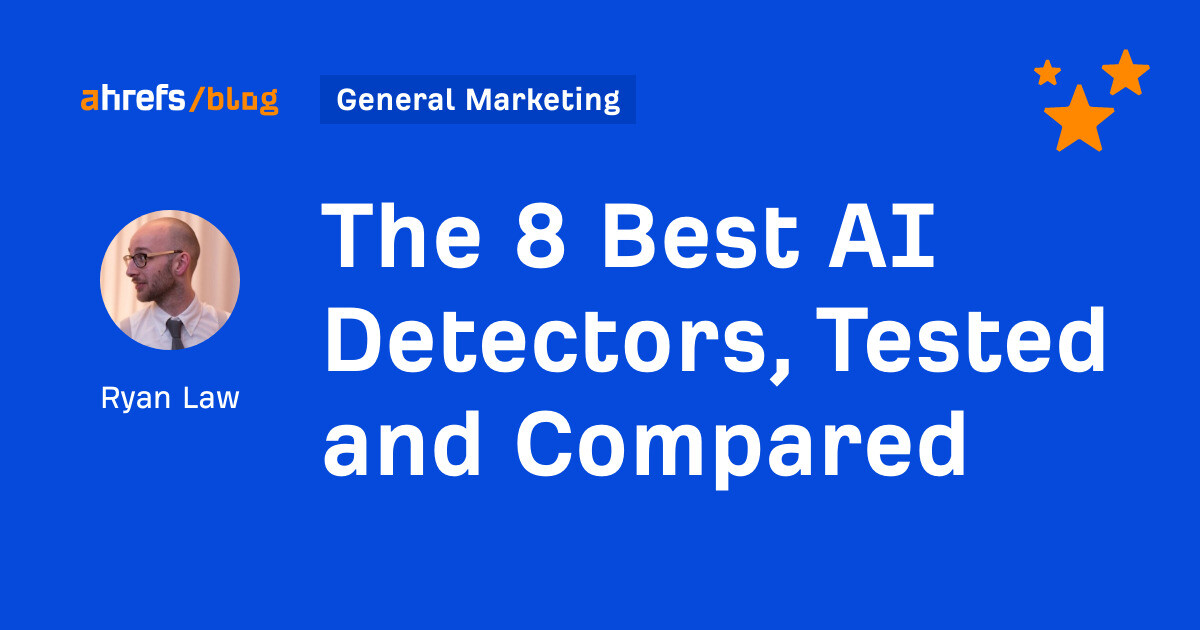What Can AI Do For Healthcare Marketing In 2024? via @sejournal, @CallRail
How can you use AI to enhance your your marketing efforts while prioritizing privacy, compliance, trust, and service? The post What Can AI Do For Healthcare Marketing In 2024? appeared first on Search Engine Journal.
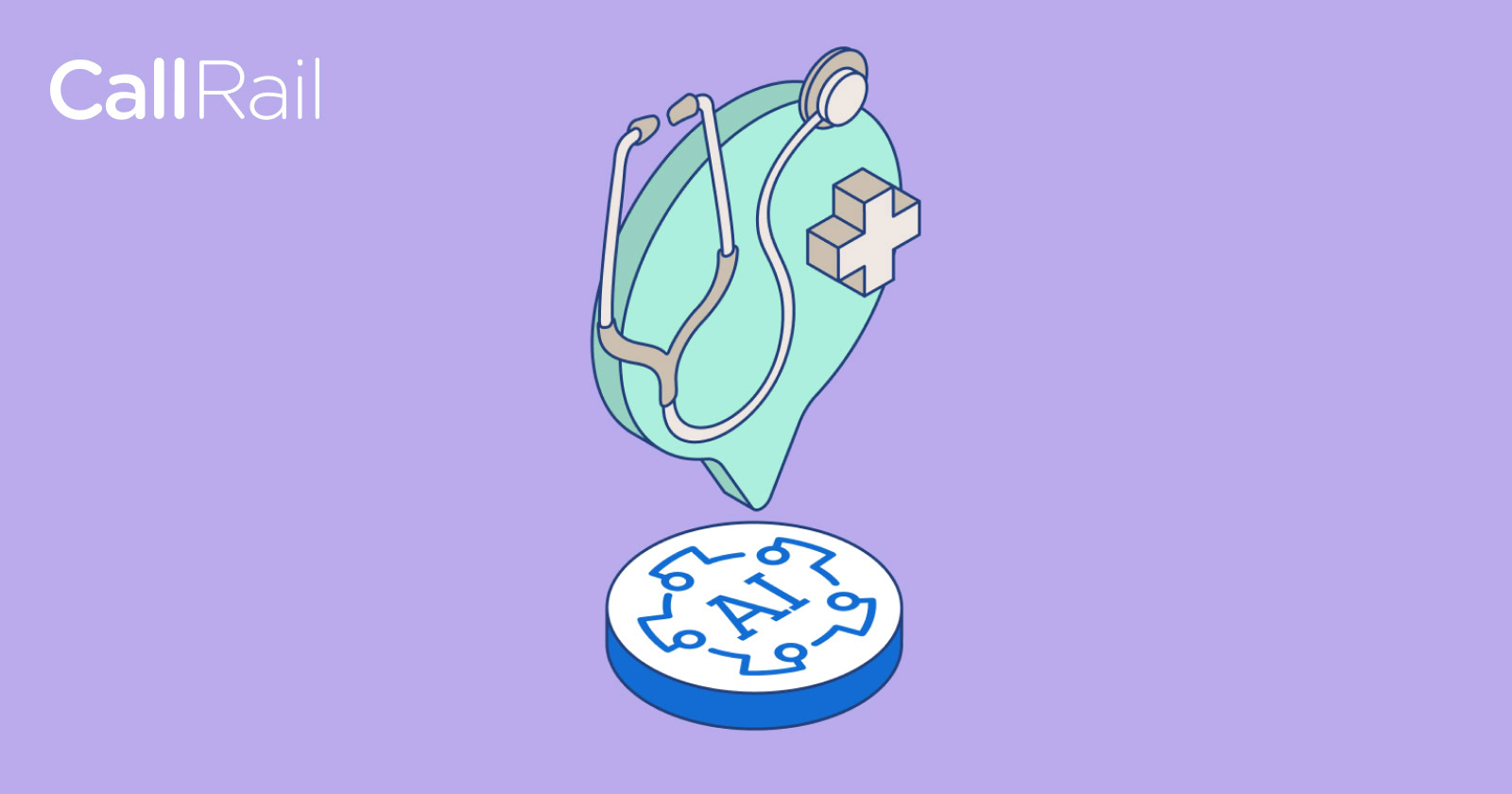
This post was sponsored by CallRail. The opinions expressed in this article are the sponsor’s own.
Artificial intelligence (AI) has huge potential for healthcare practices. It can assist with diagnosis and treatment, as well as administrative and marketing tasks. Yet, many practices are still wary of using AI, especially regarding marketing.
The reality is that AI is here to stay, and many healthcare practices are beginning to use the technology. According to one recent study, 89% of healthcare professionals surveyed said that they were at least evaluating AI products, experimenting with them, or had implemented AI.
To help you determine whether using AI is right for your healthcare practice, let’s take a look at some of the pros and cons of using AI while marketing.
List Of Pros And Cons
1. Con #1: Data Security And Privacy Concerns2. Pro #1: AI Can Help You Get More Value From Your Data Securely3. Con #2: AI Is Impersonal4. Pro #2: AI Can Improve The Patient Experience5. Con #3: AI Seems Too Complicated To Use6. Pro #3: AI Can Save Time And Money7. Con #4: AI Marketing Can Hurt Your Brand8. Pro #4: AI Helps Make Your Marketing Better9. Con #5: Adapting AI Tools Might Cause Disruption10. Pro #5: AI Helps People Do Their Jobs BetterThe Pros And Cons Of AI For Healthcare Practices
Healthcare practices that choose to implement AI in safe and appropriate ways to help them with their marketing and patient experience efforts can reap many benefits, including more leads, conversions, and satisfied patients. In fact, 41% of healthcare organizations say their marketing team already uses AI.
Patients also expect healthcare practices to begin to implement AI in a number of ways. In one dentistry study, patients overall showed a positive attitude toward using AI. So, what’s holding your practice back from adding new tools and finding new use cases for AI? Let’s take a look at common concerns.
Con #1: Data Security And Privacy Concerns
Let’s get one of the biggest concerns with AI and healthcare out of the way first. Healthcare practices must follow all privacy and security regulations related to patients’ protected health information (PHI) to maintain HIPAA compliance.
So, concerns over whether AI can be used in a way that doesn’t interfere with HIPAA compliance are valid. In addition, there are also concerns about the open-source nature of popular GenAI models, which means sensitive practice data might be exposed to competitors or even hackers.
Pro #1: AI Can Help You Get More Value From Your Data Securely
While there are valid concerns about how AI algorithms make decisions and data privacy concerns, AI can also be used to enrich data to help you achieve your marketing goals while still keeping it protected.
With appropriate guardrails and omission procedures in place, you can apply AI to gain insights from data that matters to you without putting sensitive data at risk.
For example, our CallRail Labs team is helping marketers remove their blind spots by using AI to analyze and detect critical context clues that help you qualify which calls are your best leads so you can follow up promptly.
At the same time, we know how important it is for healthcare companies to keep PHI secure, which is why we integrate with healthcare privacy platforms like Freshpaint. It can help you bridge the gap between patient privacy and digital marketing.
In addition, our AI-powered Healthcare Plan automatically redacts sensitive patient-protected health information from call transcripts, enforces obligatory log-outs to prevent PHI from becoming public, provides full audit trail logging, and even features unique logins and credentials for every user, which helps eliminate the potential for PHI to be accidentally exposed to employees who don’t need access to that information.
Con #2: AI Is Impersonal
Having a good patient experience is important to almost all patients, and according to one survey, 52% of patients said a key part of a good patient experience is being treated with respect. Almost as many (46%) said they want to be addressed as a person. Given these concerns, handing over content creation or customer interactions to AI can feel daunting. While an AI-powered chatbot might be more efficient than a human in a call center, you also don’t want patients to feel like you’ve delegated customer service to a robot. Trust is the key to building patient relationships.
Pro #2: AI Can Improve The Patient Experience
Worries over AI making patient interactions feel impersonal are reasonable, but just like any other type of tool, it’s how you use AI that matters. There are ways to deploy AI that can actually enhance the patient experience and, by doing so, give your healthcare practice an advantage over your competitors.
The answer isn’t in offloading customer interaction to chatbots. But AI can help you analyze customer interactions to make customer service more efficient and helpful.
With CallRail’s AI-powered Premium Conversation Intelligence™, which transcribes, summarizes, and analyzes each call, you can quickly assess your patients’ needs and concerns and respond appropriately with a human touch. For instance, Premium Conversation Intelligence can identify and extract common keywords and topics from call transcripts. This data reveals recurring themes, such as frequently asked questions, common complaints, and popular services. A healthcare practice could then use these insights to tailor their marketing campaigns to address the most pressing patient concerns.
Con #3: AI Seems Too Complicated To Use
Let’s face it: new technology is risky, and for healthcare practices especially, risk is scary. With AI, some of the risk comes from its perceived complexity. Identifying the right use cases for your practice, selecting the right tools, training your staff, and changing workflows can all feel quite daunting. Figuring this out takes time and money. And, if there aren’t clear use cases and ROI attached, the long-term benefits may not be worth the short-term impact on business.
Pro #3: AI Can Save Time And Money
Using a computer or a spreadsheet for the first time probably also felt complicated – and on the front end, took some time to learn. However, you know that using these tools, compared to pen, paper, and calculators, has saved an enormous amount of time, making the upfront investment clearly worth it. Compared to many technologies, AI tools are often intuitive and only require you to learn a few simple things like writing prompts, refining prompts, reviewing reports, etc. Even if it takes some time to learn new AI tools, the time savings will be worth it once you do.
To get the greatest return on investment, focus on AI solutions that take care of time-intensive tasks to free up time for innovation. With the right use cases and tools, AI can help solve complexity without adding complexity. For example, with Premium Conversation Intelligence, our customers spend 60% less time analyzing calls each week, and they’re using that time to train staff better, increase their productivity, and improve the patient experience.
Con #4: AI Marketing Can Hurt Your Brand
Many healthcare practices are excited to use GenAI tools to accelerate creative marketing efforts, like social media image creation and article writing. But consumers are less excited. In fact, consumers are more likely to say that the use of AI makes them distrusting (40%), rather than trusting (19%), of a brand. In a market where trust is the most important factor for patients when choosing healthcare providers, there is caution and hesitancy around using GenAI for marketing.
Pro #4: AI Helps Make Your Marketing Better
While off-brand AI images shared on social media can be bad brand marketing, there are many ways AI can elevate your marketing efforts without impacting the brand perception. From uncovering insights to improving your marketing campaigns and maximizing the value of each marketing dollar spent to increasing lead conversion rates and decreasing patient churn, AI can help you tackle these problems faster and better than ever.
At CallRail, we’re using AI to tackle complex challenges like multi-conversation insights. CallRail can give marketers instant access to a 3-6 sentence summary for each call, average call sentiment, notable trends behind positive and negative interactions, and a summary of commonly asked questions. Such analysis would take hours and hours for your marketing team to do manually, but with AI, you have call insights at your fingertips to help drive messaging and keyword decisions that can improve your marketing attribution and the patient experience.
Con #5: Adapting AI Tools Might Cause Disruption
As a modern healthcare practice, your tech stack is the engine that runs your business. When onboarding any new technology, there are always concerns about how well it will integrate with existing technology and tools you use and whether it supports HIPAA compliance. There may also be concern about how AI tools can fit into your existing workflows without causing disruption.
Pro #5: AI Helps People Do Their Jobs Better
Pairing the right AI tool for roles with repetitive tasks can be a win for your staff and your practice. For example, keeping up with healthcare trends is important for marketers to improve messaging and campaigns.
An AI-powered tool that analyzes conversations and provides call highlights can help healthcare marketers identify keyword and Google Ad opportunities so they can focus on implementing the most successful marketing strategy rather than listening to hours of call recordings. In addition, CallRail’s new AI-powered Convert Assist helps healthcare marketers provide a better patient experience. With AI-generated call coaching, marketers can identify what went well and what to improve after every conversation.
What’s more, with a solution like CallRail, which offers a Healthcare Plan and will sign a business associate agreement (BAA), you are assured that we will comply with HIPAA controls within our service offerings to ensure that your call tracking doesn’t expose you to potential fines or litigation. Moreover, we also integrate with other marketing tools, like Google Ads, GA4, and more, making it easy to integrate our solution into your existing technologies and workflows.
Let CallRail Show You The Pros Of AI
If you’re still worried about using AI in your healthcare practice, start with a trusted solution like CallRail that has proven ROI for AI-powered tools and a commitment to responsible AI development. You can talk to CallRail’s experts or test the product out for yourself with a 14-day free trial.
Image Credits
Featured Image: Image by CallRail. Used with permission.

 Konoly
Konoly 








